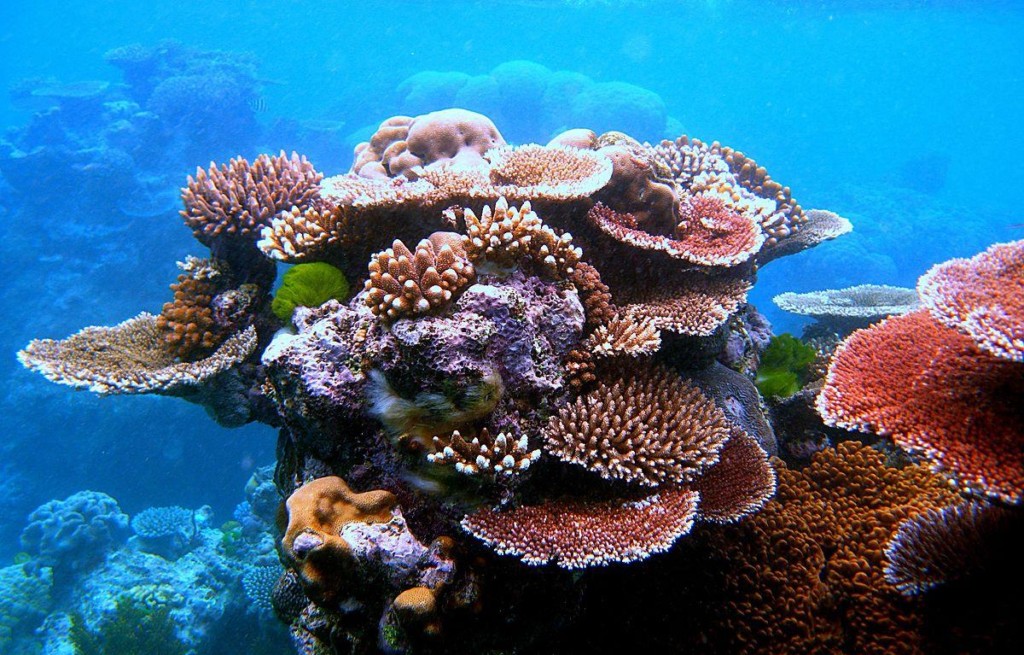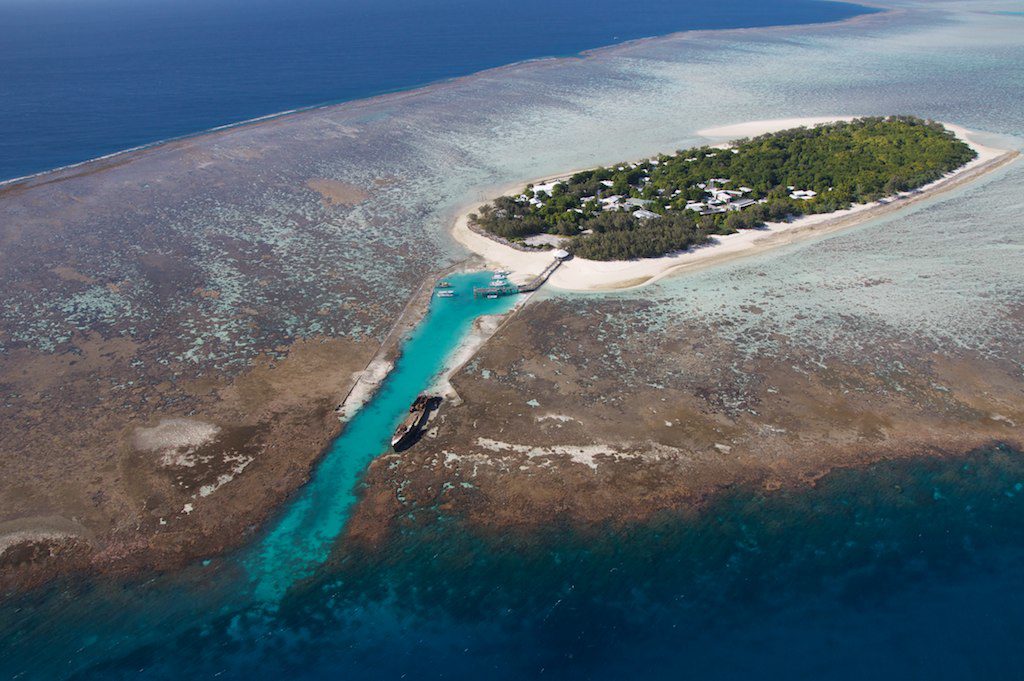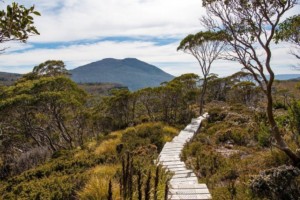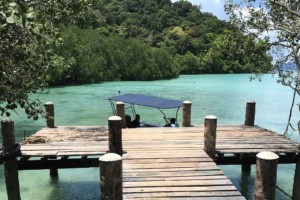Great Barrier Reef tourism reprieve but resorts in trouble

“UNESCO’s World Heritage Committee endorsed Australia’s Reef 2050 plan to protect the iconic asset, avoiding international embarrassment for the $6.4 billion-a-year tourist drawcard.
“However, the WHC did express “serious concern” about the ongoing health of the Reef, including water-quality targets and land-clearing laws.”
Dive boat operators welcomed the UNESCO decision as an opportunity to reverse adverse global publicity about the fate of the Reef after back-to-back mass coral-bleaching events.
The Great Barrier Reef Foundation said it was “a system under serious pressure”.
“We need to buy the Reef time,’’ the Foundation’s Anna Marsden said. “We must do everything we can to boost resilience, investing in strategies for its long-term conservation.”
The Great Barrier Reef Foundation last week released a Deloitte report on the AU$56 billion (US$42.5 billion) “social, economic and iconic asset value” of the Great Barrier Reef; “worth more than 12 Sydney Opera Houses”.
Have onerous regulations killed off resorts?
Meanwhile, an opinion piece in the Courier Mail has blamed environmental regulations for shutting down island resorts along the reef.
The government of Queensland, Australia achieved nothing by threatening leaseholders of the Sunshine State’s “deserted and derelict island resorts”, wrote Steven Wardill.
On World Environment Day in 2015, state Environment Minister Steven Miles threatened to trigger “use it or lose it” clauses, saying “not enough is being done fast enough to reinvigorate these tourism assets”.

Heron Island, a coral cay in the southern Great Barrier Reef. By Ciambue, CC BY 2.0, via Wikimedia
Half the resorts on leasehold islands remain closed two years later, according to Wardill.
“Slices of paradise once synonymous with Queensland tourism – names like Dunk, Great Keppel, Hinchinbrook, Hook and South Molle – are no longer options for island getaways.
“Our fleet of island resorts were once an irresistible drawcard for domestic, interstate and international tourists. From budget offerings through to five-star luxury, they had something for everyone.”
While the resorts have been “ravaged by cyclones and financial storms” over the past decade, so have resorts at other other island destinations like Bora Bora, Bali, Fiji and the Maldives, Wardill insists.
“Yet they still attract investment. So why does Queensland have an archipelago of wrecked resorts?”
Wardill puts it down to “arduous approval processes, onerous regulations and restrictive resort footprints [which] create exorbitant costs”.
“Successive governments have talked of eco-tourism, but little has been done to help the resorts’ rebirth. Instead, rents have been raised while last year a multi-agency raid was orchestrated to ensure owners complied with environmental rules.”
Read Steven Wardill’s full column for the Courier Mail.
Featured image: A variety of colourful corals on Flynn Reef near Cairns. By Toby Hudson, CC BY-SA 3.0, via Wikimedia
Related posts





